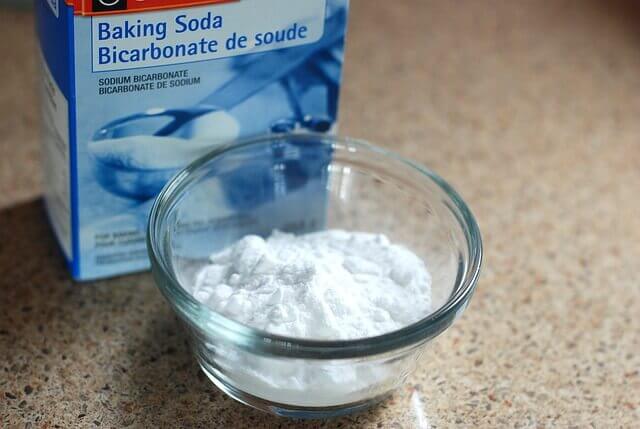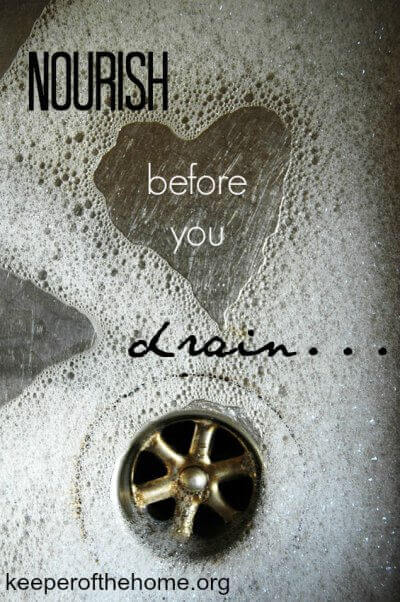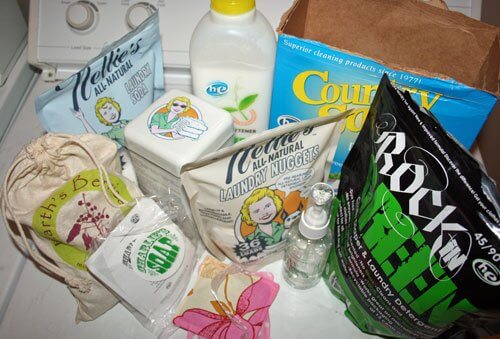How not to buy organic
I wish I had my camera. It was a fantastic photo opportunity, although I’m not so sure that the lady in line in front of me at the grocery store would have been so keen on the idea.
Tonight I saw firsthand a perfect example of how not to buy organic food. What, you say??? This, coming from the one who lectures us on nutritious food? Don’t worry, I’m still the same health-conscious, alfalfa and brewer’s yeast eating gal I’ve always been (that one was for you, my darling Mrs.S).
The vision I saw before me tonight was of a cart, piled high with expensive foods, covered in labels that screamed “I’m organic, I must be good for you!”. The total of the woman’s cart came to (get ready for this)… $300!
The amount of food in that cart would not have sufficiently, nor nutritiously fed my small family for two weeks, yet it comes close to our entire grocery/household/toiletries budget for the month (ok, ok, she had some laundry soap and toilet paper in there, too).
So what did she buy? Organic sodas, organic chips, organic canned soups, organic frozen juice, organic freezer food (looked like special fries or gyozas or something), organic milk and a brand of cereal that is marketed as being healthy (it’s not). There were a few other items, but quite honestly, it didn’t amount to a whole lot of real, fill your tummy, nourish your body kind of food.
Organic or not, the kind of food that I want to spend my husband’s hard earned dollars on is unsprayed produce grown in nutrient rich soils, grass-fed beef and free-range poultry and eggs, clean and pure raw milk and cheeses and butter, whole grains like spelt and oats and barley and quinoa. I still care about organic, if I can buy it for a reasonable price above another similar (but not organic) item.
But when it comes down to it, let’s not kid ourselves. Packaged and processed food, by any other name- even organic!- is still just packaged and processed food. Wise consumers know true value when they see it, and are not fooled by gimicky advertising and trendy words. Know where your food is coming from, and what’s it’s true value proposition is. Is the nutrient content higher? Are you being protected from chemicals, additives, and sprays? And most importantly, is it real food, whole food that will nourish your body and not just empty your pocketbook? Then that’s how you know when to buy organic.
Go to Tammy’s for more Kitchen Tips!






Sitting here drinking a hot cup of coffee, and enjoying your website. Thanks!
This is great information! My husband and I are trying to whittle down our grocery/household bill. We have allocated $800/month which we get close to surpassing each month…and we don’t even have kids! I am trying to buy mostly organic. I would love to know how you only spend $300!